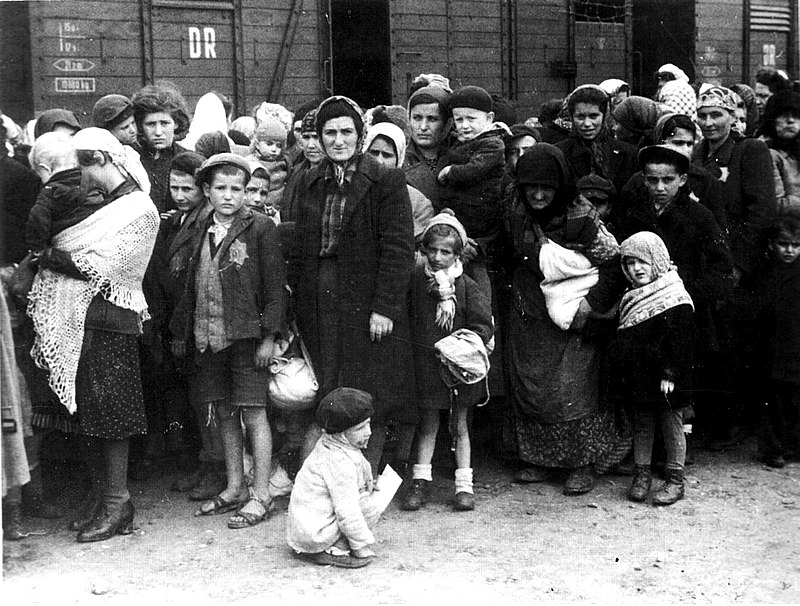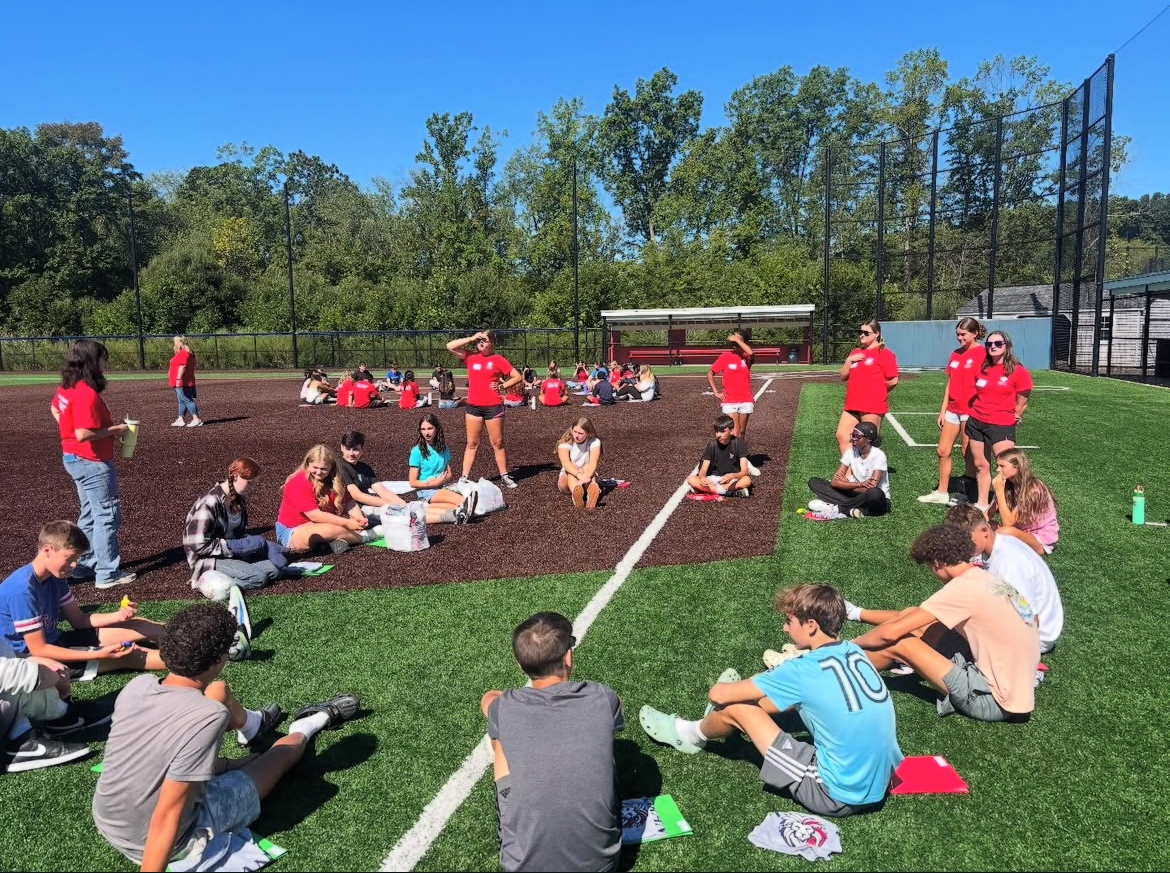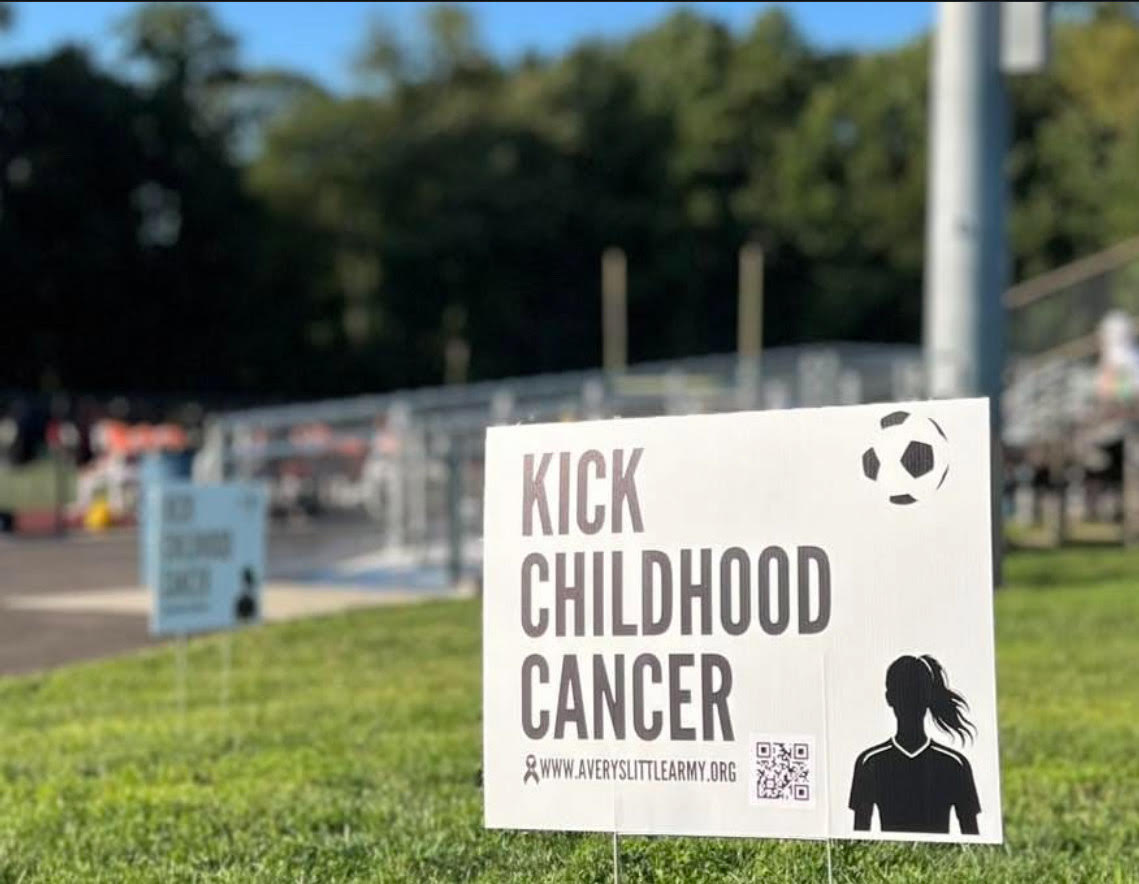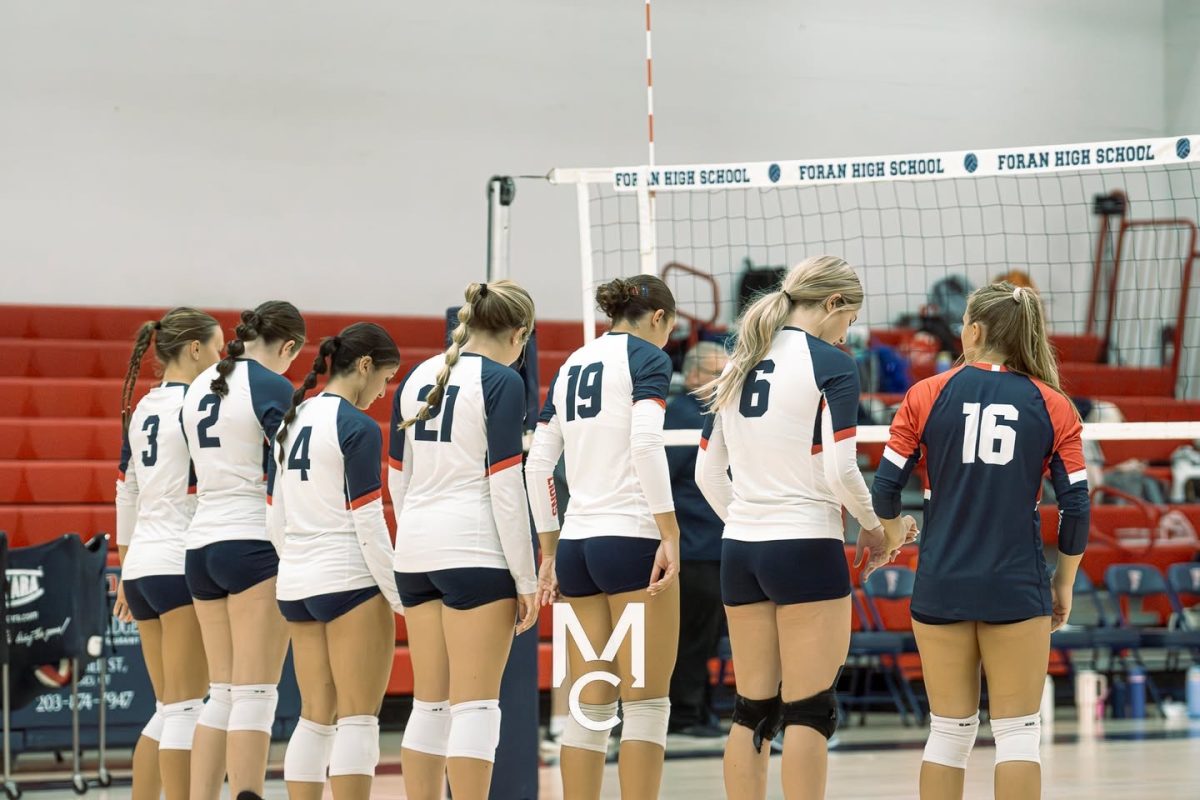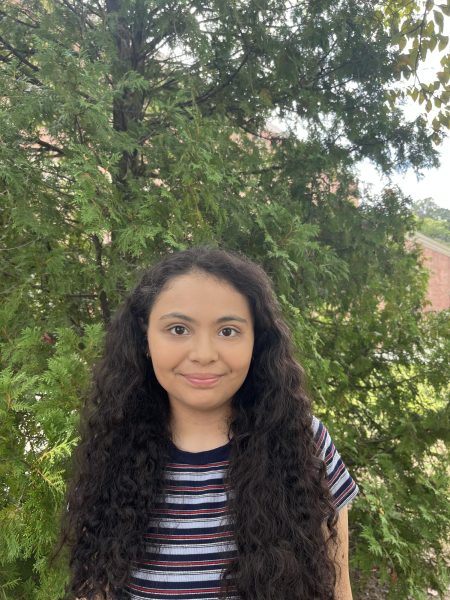The month of January brings with it a year of new beginnings. The phrase ‘New year, new me’ has become synonymous with the month and its beginning. However, it’s also a month of self reflection, where people can look back on their own past, along with that of others.
January 27 is one of these cases as the day works to spread knowledge and remembrance of the victims from what has been marked in textbooks as the Holocaust.
The Holocaust, which started in 1933 and ended in 1945, is remembered as the mass extermination of those a part of the Hebrew religion under Adolf Hitler’s power as German Chancellor.
However, these were not the only victims to face the inhumane treatments inflicted by Hitler’s Nazi party. The list of victims would extend to Romani people, those medically defined as dwarves and giants, and those who were believed to be homosexuals.
The actions of not only remembering but also being properly educated on the topic brings about a sense of sympathy and compassion, both humane aspects within oneself.
Survivor Ida Grinspan states, “To forget would be as intolerable as the acts themselves.”
To remain ignorant of what happened or deem it as something not important enough to remember only disregarding the experiences of the victims. In the eyes of Grinspan, that’s no better than committing these atrocities by one’s own free will.
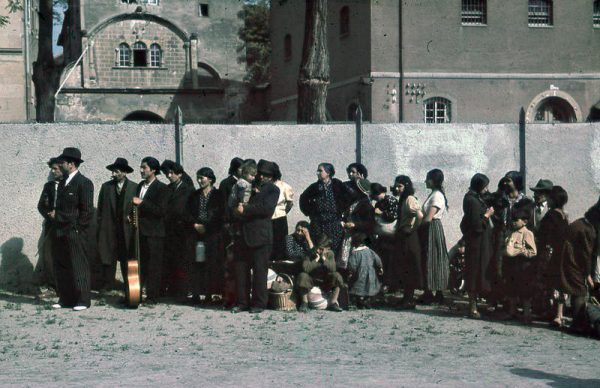
English teacher Miss Chelsea Green is one of the three teachers at the school who teach English One, a course required by all students during their freshman year.
As a part of the grade level’s curriculum, freshmen are tasked with reading the book Night by Elie Wiesel; The memoir detailing his survival of his time in both Monowitz and Buchenwald.
It’s been deemed as a controversial topic, allowing books with such subject matters to be allowed in schools. However, the english teacher has her own thoughts on the matter.
Green states, “Freshmen are at an age where they can start to grapple with big questions about humanity and morality. I think it’s important that they start critically thinking about these concepts and how they will shape their attitudes around them.”
Along with this, Green mentions how it’s important to stay informed with history as a way to grow from said actions, to become better as people to ensure something like this never happens again.
Junior Gretchen Goodrich-Gelarden is in complete agreement with the statement when discussing why events like the Holocaust should be remembered.
Goodrich Gelarden states, “-it’s a lesson about not ever doing it again.”
It’s important to take a moment on the 27th to remember those who had lost their lives, their families, and how all their freedoms had been stripped away in various cruel concentration camps in German-occupied parts of Europe. It’s remembering this that will help these stories live on.


